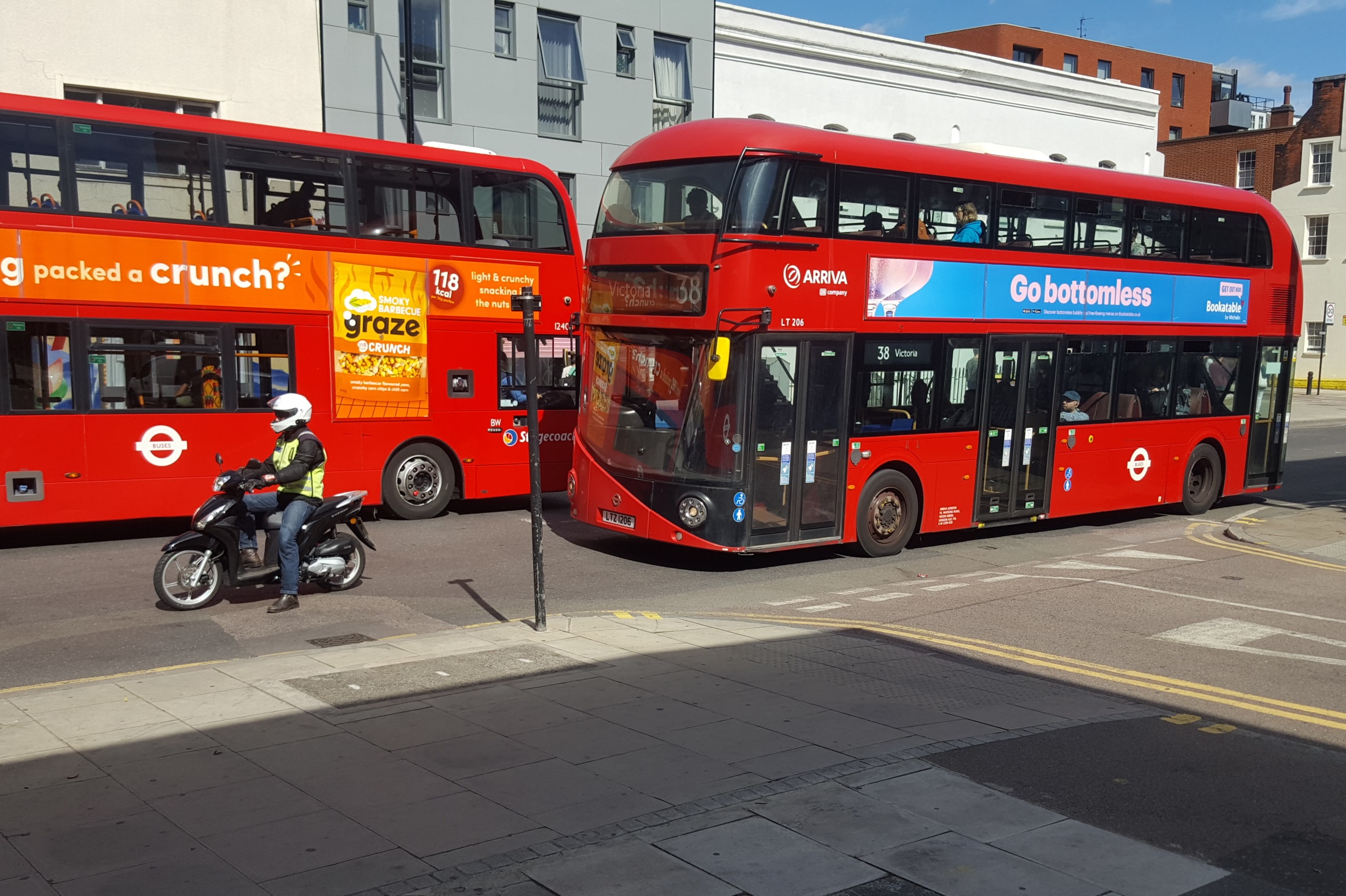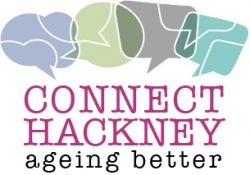Interview with Tom Ruben
Tom Ruben discusses his concerns about the environment with the Connect Hackney Senior Media group.
Interview by Elizabeth McGovern, with Charles Daniels.
Q: The area you are living now, how long you lived there?
TR: I have lived in Finsbury Park since 1983. It is a bad area for air pollution, busy with traffic. I have been concerned with air pollution problems along with a number of other local environmental problems. It is with you all the time. Every time you go out of the house on to any main road, not only in terms of the air quality which you breathe in, but also the noise levels, enormous range of traffic, heavy traffic, lorry and truck traffic as well as enormous amounts of private cars.
Q: How does it effect you personally? Can you taste it?
TR: Yes, I recall some little while ago I visited a friend in the countryside for a weekend and returning to Finsbury Park station. As soon as I got out of the station I could sense the air quality difference. It was so conspicuous, and normally one doesn’t notice it so clearly. However, when you go somewhere else with good air quality and come back, then that difference is very, very noticeable.
Q: How did you come to try and do something about it?
TR: Several years ago, I did some air pollution testing for nitrogen oxide and also particulates which are the main traffic pollutants. I did that with the Finsbury Park Action Group.
Q: Why did you consider air pollution to be so important?
TR: There are so many polluted areas in London, terrible areas. Some are in the smartest parts of London as well, look at Oxford Street, look at Parliament Square.
Q: If you could choose a magic wand to wave, what would it be?
TR: There is this long term plan, to convert London car traffic to electric. That’s the Mayor of London’s plan.
Q: Do you think the electric car strategy is correct?
TR: It’s going to be a great help if it can be achieved. Electric cars don’t present anything like the pollution problem that diesel cars do. Diesel cars cause four times the amount of nitrogen dioxide than petrol cars. So there is obvious benefit in this electric car policy. Also, people should be encouraged to use private cars less and public transport more. That means improving public transport not just technically but also financially, lowering the prices. Unless you have a special travel card or pass you are paying lot. You can buy a season ticket, but a season ticket is very expensive in comparison with what it could be. Public transport vehicles also need to be made much more environmentally friendly, less polluting, and also noise emission reduced. Transport for London is putting in a lot of effort. Those are just some of the measures that need to be pursued fully and wholeheartedly into the far future, because we are looking at generation after generation. People are going to be living in big cities indefinitely.
Q: Do you mean by all generations, older people and younger people?
TR: Yes, both. As regards to pollution danger to young children, being so small, they are very close to the exhausts of cars as they go past, much closer than adults. If more parents were aware of that problem for young children, it’s pretty sure more parents would be active and up in arms on pollution issues. Likewise, if more people were aware of the dangers to older people whose physical systems have similar weaknesses to those of young people.
Q: Who do you think should be informing parents?
TR: All media really. And there is of course the influence the government carries, whatever party is in power.


